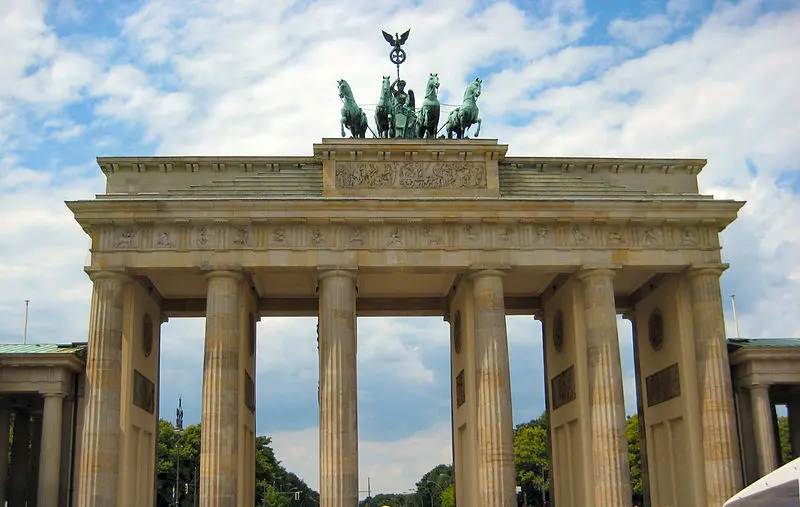LONDON: Germany has just announced it will curb its greenhouse gas(GHGs) emissions by 40% by the end of 2020, compared to 1990 levels, saving an additional 62-78 million tons of CO2 emissions.

The news comes in the middle of COP20 in Lima, where governments are discussing how to find a global binding agreement to avoid the worst impacts of climate change.
Last month, Europe pledged to reduce its GHGs “at least” 40% by 2030 (again, compared to 1990 levels), increasing the share of renewable energy and energy efficiency by 27%. In comparison, Germany, with the business as usual trajectory, would have achieved a 32-35% cut by 2020 according to experts.
The announcement boosts Germany’s commitment to be a leading voice in the European shift toward a low carbon economy. Sigmar Gabriel, Germany’s Economy Minister, confirmed that his government is increasing subsidies for energy efficiency measures to €3.4 billion (US$4.2 billion) from the previous €2 billion (US$2.4 billion) a year. “These subsidies would be multiplied by investments from industry”, he said.
But while since 2000 the country has reduced CO2 emissions by 25%, “Germany needs to triple its current carbon-cutting effort,” says Environment Minister Barbara Hendricks. In fact, around 45% of the country’s power is still generated using coal plants, accounting for about a third of its CO2 emissions.
However, Germany has set up a long-term target of reaching 80% of its power from renewable sources by 2050, and is planning to shut down all its nuclear plants by 2022.
According to the plan, coal plant operators will have to reduce emissions by at least 22 million tons, which is the equivalent of shutting down about eight plants. “I understand this is difficult for industry but we cannot achieve our targets without a contribution from the power sector,” Hendricks added. “This is the most comprehensive climate protection package that a German government has ever presented. It sends a clear message to the climate talks currently underway in Lima: you can rely on Germany”.
Ambitious climate action is also being seen at the state level in Germany. “This is a positive step by the German Government and we hope that this package will support climate action underway at all levels of government in Germany,” says Libby Ferguson States & Regions Director, The Climate Group. “Member governments of The Climate Group States & Regions, which include Bavaria, Baden-Württemberg and North Rhine Westphalia already have strong 2020 climate targets in place and are implementing a range of climate policies to achieve these. It is hoped that this package will support their efforts and support Germany’s low carbon transition”.







